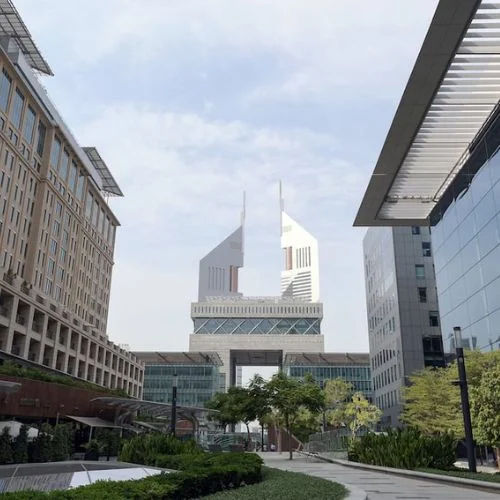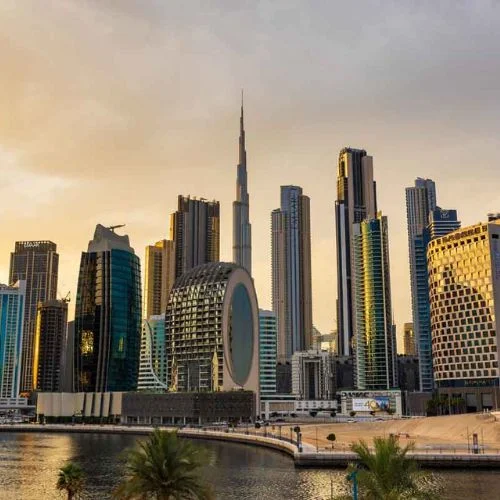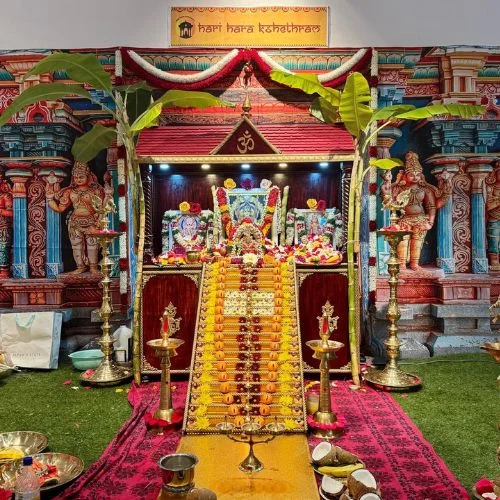Morris Chang, the founder of Taiwan Semiconductor Manufacturing Co Ltd (TSMC), stated that globalization has been redefined as allowing businesses to move across borders only if such exchanges do not jeopardize national security, technological supremacy, or economic leadership.
According to the retiring founder of Taiwanese chipmaker TSMC, Technology globalization is taking a second seat to concerns such as national security and technological leadership, with US-China relations consisting more of competition than cooperation.
Morris Chang, the founder of Taiwan Semiconductor Manufacturing Co Ltd (TSMC), stated that globalization has been redefined as allowing businesses to move across borders only if such exchanges do not jeopardize national security, technological supremacy, or economic leadership.
“But, can this still be considered globalization?” Chang stated this during a business forum in Taipei.
Chang’s remarks came a day after China said that it will restrict exports of some metals used in the semiconductor, communications, and defense industries, the latest salvo in a trade battle between Beijing and Washington over access to high-tech microchips.
Chang, who is still a powerful voice in the chip industry at the age of 91, believes globalization peaked in the 2010s and has since deteriorated as the US and China take steps to bolster their local chip sectors.
He previously declared that globalization in the chip industry was dead.
TSMC (Taiwan Semiconductor Manufacturing Co Ltd), Asia’s most valuable listed firm, is known in Taiwan as the “sacred mountain protecting the country” due to its economic significance.
While TSMC has stated that its most advanced production would remain on the island, the business has increased its international development in recent years.
The company’s dominance in manufacturing some of the most advanced semiconductors for high-end customers like Apple has protected it from a broader industry slowdown.
China has upped diplomatic and military pressure on Taiwan in recent years, increasing concerns about the destiny of the plants that dot its western coast and manufacture the vast majority of the world’s most advanced semiconductors.
Beijing considers democratically controlled Taiwan to be its own territory, which the Taipei government fiercely denies.















